In this day and age, most communication happens online via Twitter, Email, Facebook, Skype, etc. Using these channels as means of communicating with clients and other businesses needs to be done right in order for it to be effective.
How can you really listen and hear your customer or client’s needs and wants when it’s written in an email or tweet? And how do you really listen effectively? Here’s where I could add: “Listening isn’t taught in school; it’s something you learn on your own.” This is false information and I’m living proof of it. I’m currently in a Listening class. So far I’ve learned listening is not easy and to be an effective listener takes skill.
Sending and Receiving Messages
You don’t want to incorrectly interpret what is being said and then reply wrong, that will not only make you look bad but your business as well. When in doubt, ask questions! By asking questions, you clear up any messages you may not understand and receive a clear idea of what your client is looking for in a product or service. If questions still aren’t getting answered and there is confusion, chat on the phone to clear the air. Verbal messages usually transfer better than written. Tone of voice can also be heard when talking, which can help determine if someone is upset or if it is an urgent matter. It’s not easy to hear tone when the message is written down.
Also, provide opportunities for your customers and clients to give feedback on their experience. Take this feedback to learn from possible mistakes and expand on what you’re doing right.
When updating statuses and tweets, and sending emails, proofread! Nothing looks more unprofessional than a company that can’t spell. Make sure to include contact information in the signature of an email as well so the receiver knows whom to contact and by what means to do so.
Listening in Meetings
Prepare for meetings in advance. Go in with a game plan of your goals and expectations. Confirm the date, time, and place of the meeting via email. It doesn’t hurt to share your agenda and a reminder the day before the meeting either.
You may have lots of information you want to go through and you want to make sure you fit it all in the meeting. Rushing through the information will cause confusion and possible frustration on the receiving end. Communicating with others has two sides. Share your thoughts and opinions but make sure to let others get their say in as well. Really listen to what is being said, hear and understand the messages that are being passed. If it helps to take notes for remembering purposes, then by all means take notes! Then if questions come up after the meeting, you can reference your notes to answers those questions and clarify.
To make for a better and effective meeting, choose a location with minimal distractions so that you can focus on the person and what he/she is saying. Give your full attention. This goes for both conference calls and face-to-face meetings. The less distractions, the better the meeting and listening effectiveness.
Overall, it is key to be available to your target audience, focusing on what they are looking for out of you as a business. Meet their expectations and strive to exceed them. Be loyal and encourage feedback. Learn how your audience wants to be communicated with and work this into your marketing strategy. Remember, it’s all about building those relationships and that starts based on how you connect with your audience.
If you want to have a successful business, you need to be successful in listening and communicating.
Do you listen to what your audience is saying to you?



